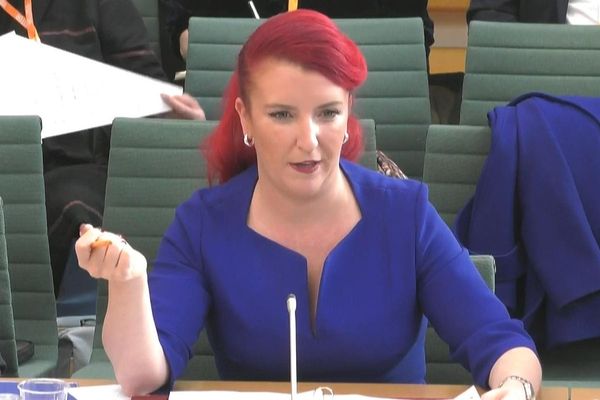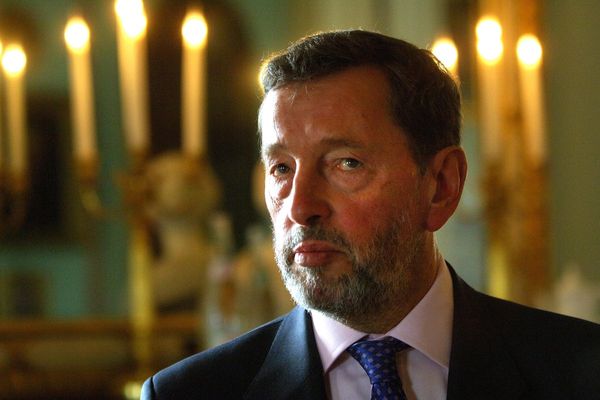
Anarchism is a game at which the police can beat you. What have you to say to that?”
George Bernard Shaw, Misalliance, 1910
Is there any more farcical a ritual in Australian elections — apart from many people in the travelling press packs pretending to be journalists — than the argument over costing?
Every election the government condemns the opposition for failing to submit its policies to Treasury and the Department of Finance in time for them to be officially “costed” under the charter of budget honesty. The ritual is played out no matter who is in government and who is in opposition.
It was a game designed by John Howard and Peter Costello to tilt the playing field in favour of the government, by enabling it to demand that Labor submits policies that it had to develop without the aid of the public service to Coalition-controlled Treasury and Finance. The result was invariably claims that Labor was hopelessly inept at costing its policies. Labor learnt to dodge that by submitting its costings late.
When it came their turn to abide by the charter, then opposition Treasury spokesman Joe Hockey and finance spokesman Andrew Robb tried to evade the problem altogether in 2010 by claiming that their policies had been “audited” by an accounting firm.
That claim, ruthlessly and relentlessly challenged by Fairfax’s Peter Martin, eventually fell apart in humiliating fashion: the accounting firm was disciplined by the professional standards body. In 2013 the Coalition tried the same trick, but with an “independent review panel”. That, too, fell apart, and Martin was there again to report on the debacle.
The Parliamentary Budget Office was supposed to fix the problem by giving all parliamentarians access to public service-standard costings, but that hasn’t fixed the essential problem that the entire ritual is designed to enable the government of the day to attack the opposition over its fiscal credibility.
Martin is still the expert to listen to on costings. He says Labor has effectively abandoned the whole farce, sick of being beaten in it.
What’s also changed this election is that we actually have a growing fiscal crisis, and it’s clear that the “charter of budget honesty” with its pre‑election economic and fiscal outlook (PEFO) and its election commitment costings process is woefully inadequate to deal with it.
Regardless of the Coalition’s costings, which show it magicking up a marginal improvement in the budget by again promising to cut public servants (like “welfare crackdowns” and increasing Tax Office funding to generate more tax collection, cutting public servants is a hardy perennial of government budget promises), neither side is addressing the budget challenge seriously.
That challenge is that the Coalition has pumped the size of government up to over 26% of GDP, but despite lifting the tax take way above Labor’s levels, is still well shy of the 26% of GDP in taxation needed to pay for it. That’s why we have budget deficits extending all the way into the 2030s, despite already heading to a trillion dollars in debt.
Both sides have sailed through the campaign without seriously addressing the disparity. Labor’s Treasury spokesman Jim Chalmers talks about wasteful spending, but you only get one JobKeeper, Jim, and you’ve had yours. Slashing the Coalition’s wasteful spending isn’t going to get you 2% of GDP.
And nothing about the charter has compelled them to address it. It’s another piece of our political furniture — along with the press gallery, the leaders’ campaign buses, political funding laws, and our regulation of lies in political campaigning — that has proved to be wholly unfit for purpose. Both sides have been treating it with contempt for years, and rightly.







